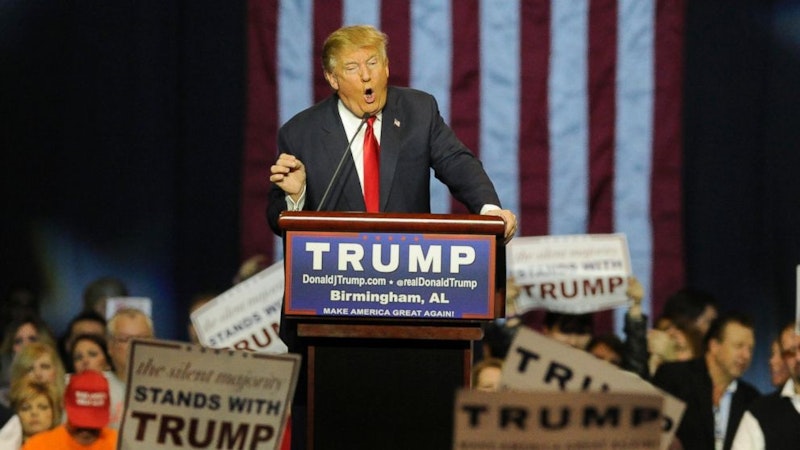I attended the Spanish mass in Beaverton on an invitation from a friend, a departure from our usual attendance at our Portland parish and masses spoken in English. The church was full; there must’ve been 300 worshipers. My friend said the mass was being said for migrants. Since I didn’t understand a word, my mind wandered, and I wondered how many of the attendees might be in the country illegally. I wondered how many of the people sitting around us might be in danger of deportation.
Everybody was nice, lots of smiles, and a handful of greetings were directed at me—I felt like an obvious white-guy guest—including one man who said, “Thank you for joining us.” The truth is, if any these churchgoers knew my position on illegal immigration they probably wouldn’t have been so friendly. I’m a border hawk. I’ve voted for Donald Trump three times. I’ve no objection to policies that secured the border, gone after the “worst first,” and potentially stripped federal funding from sanctuary states and cities.
My staunch support for Trump administration immigration policy remains after the visit to church that day. I don’t want the United States overrun by illegal aliens, but I did feel a strong sense that I was in the company of a targeted and hunted community.
Earlier that week, my friend and I took a road trip to Oregon’s fertile Hood River Valley. There, on a beautiful August day, we drove through miles of rich agricultural land. We visited a U-pick orchard, where each tree was laden with pears, apples, or peaches. Here in the Beaver State, we’re several weeks out from the harvest, yet we were able to fill our bags with ripe fruit. I was thinking, “Who the hell is going to pick all this?” Largely migrant labor. Even if you could raise wages to the point where citizens, and, for the sake of discussion, able-bodied white men and women, to do this job, how many would show up at 4:30 a.m. at $25/hour to harvest these crops? Under that wage scenario, can U.S. consumers afford to purchase peaches at $7 a pound? Magnifying the Hood River Valley by the exponentially larger number of square miles that comprise California’s Central Valley yields the scope of this industry, and its need for human labor.
Questions like these bring commentator Bill O Reilly’s immigration recommendations to the table. O’Reilly’s for a secure border and stringent immigration policy, but says there’s no way to deport the illegals who came during the disastrous Biden/Harris years, let alone the millions of other undocumented that’ve invaded American soil.
The key point is the need for mass registration for those who’ve entered illegally. Under the proposed plan, undocumented immigrants would be required to register in a database, which would qualify them for a legal review—not a trial—of their cases. For those who don’t register, all bets are off if they get into trouble, are in proximity to those who are in trouble, are deemed for whatever reason to be undesirable, have received asylum hearings and been declined legal status, or have had their Temporary Protected Status revoked. The criminal element won’t sign on to this registry, an ostensible side-benefit that partially pre-qualifies those who do.
For illegal immigrants who’ve stayed out of trouble, have no researchable criminal records in their home countries, and have proven themselves productive members of society, the promise of the plan is that a signature on this registry might lead to a future path to citizenship.
I ran the O’Reilly recommendations by my friend, who has concerns about Trump’s aggressive deportation regime. The objection my friend has to the plan is fear about what Trump will do with the database. Can he be trusted?
“Would you want me to sign up for this registry?” she asks.

